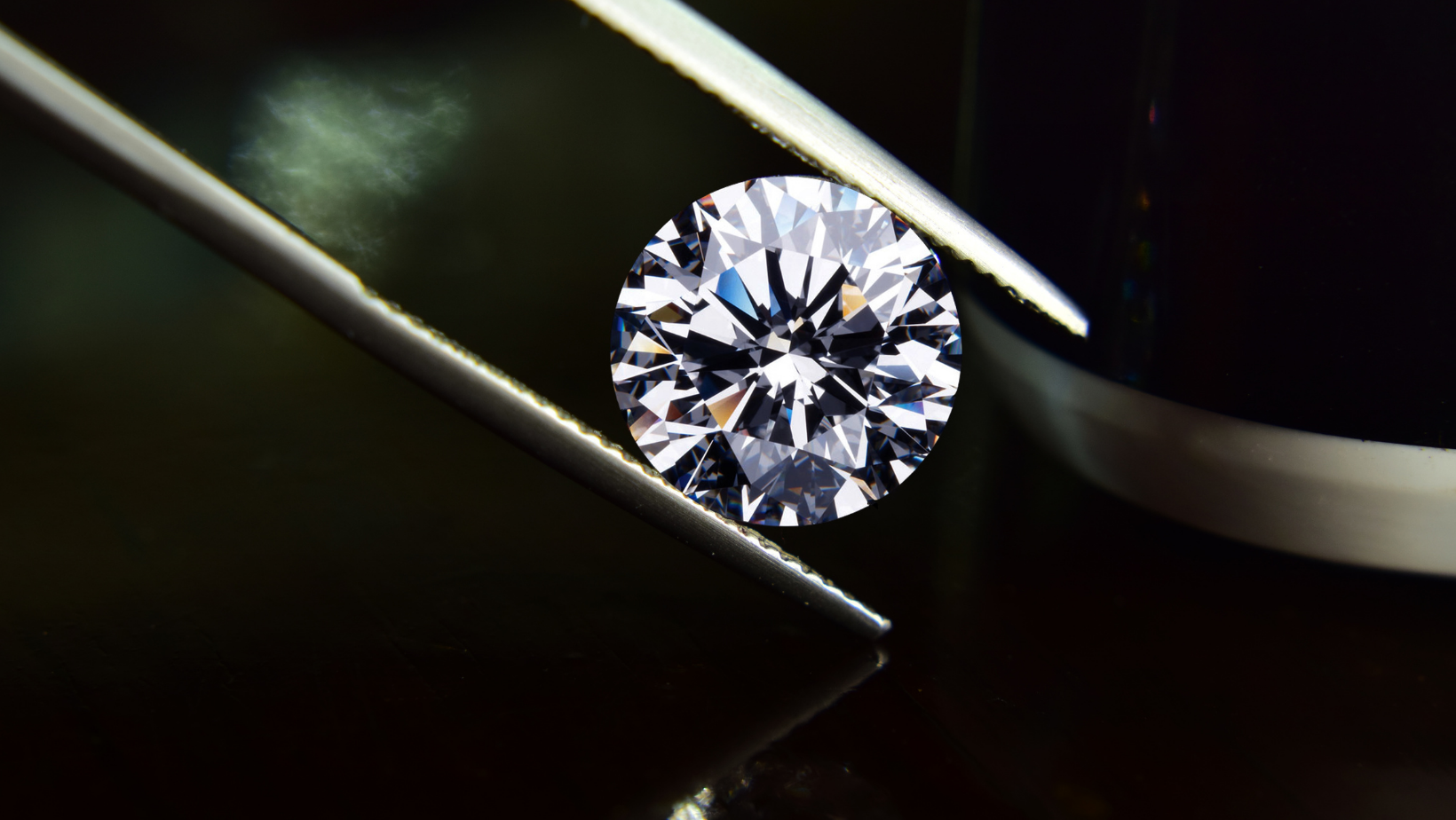Introduction: Sparkling Mysteries
What Does Cut Diamond Mean have long held an allure, captivating our imagination with their brilliance and mystique. Among the Four Cs of diamond grading—cut, color, clarity, and carat weight—the “cut” stands out as a pivotal factor, influencing a diamond’s sparkle and overall beauty. But what does “cut diamond” really mean? Delving into this facet of diamond appreciation reveals a world of precision, craftsmanship, and sheer brilliance.
1. Exploring the Anatomy of a Cut Diamond
The Cut: Beyond Surface Beauty
At first glance, the term “cut diamond” might evoke images of a pristine, faceted gemstone catching the light. However, the cut of a diamond encompasses more than just its surface appearance. It refers to the diamond’s proportions, symmetry, and polish—the factors that determine its ability to reflect and refract light, ultimately resulting in that mesmerizing sparkle.
The Role of Proportions
Central to understanding the significance of diamond cut is grasping the importance of proportions. A well-cut diamond is crafted with precise angles and dimensions, maximizing the stone’s brilliance, fire, and scintillation. Each facet is strategically positioned to optimize light performance lab created diamonds, ensuring that the diamond exudes unparalleled radiance from every angle.
2. Deciphering Diamond Cut Grades
From Excellent to Poor: A Spectrum of Quality
Diamond cut quality is typically graded on a scale ranging from “Excellent” to “Poor.” This grading system assesses various aspects of the diamond’s cut, including its proportions, symmetry, and polish. Diamonds with an “Excellent” cut exhibit exceptional brilliance and fire, while those with a “Poor” cut may appear lackluster and dull, despite their inherent beauty.
The Impact on Sparkle and Brilliance
The significance of diamond cut becomes evident when considering its direct impact on a stone’s sparkle and brilliance. A well-cut diamond reflects light internally, bouncing it back through the crown and table facets with breathtaking intensity. In contrast, a poorly cut diamond may leak light through its pavilion, resulting in diminished brilliance and diminished visual appeal.
3. Appreciating the Artistry of Diamond Cutting
Mastering the Craft: From Rough to Radiant
Behind every exquisitely cut diamond lies the skill and artistry of master craftsmen. The journey from rough diamond to polished gemstone is a meticulous process, involving precision cutting and polishing techniques honed over centuries. Each facet is carefully shaped to enhance the stone’s natural beauty, creating a masterpiece that transcends time and trends.
The Quest for Ideal Proportions
Crafting the perfect diamond cut requires a delicate balance of science and artistry. Diamond cutters meticulously analyze the rough stone, seeking to maximize its potential for brilliance and beauty. By optimizing proportions and facet placement, they strive to achieve the coveted ideal cut—a harmonious balance that maximizes light performance and captivates the beholder.
4. Conclusion: Brilliance Unveiled
In the realm of diamonds, the term “cut” carries profound significance, serving as a testament to craftsmanship, precision, and sheer beauty. A well-cut diamond transcends its physical form, capturing the essence of light and radiating with unmatched brilliance. As we unravel the mysteries of diamond cut, we gain a deeper appreciation for these extraordinary gemstones and the timeless allure they possess.
Answering the Call to Brilliance
So, what does “cut diamond” mean? It’s more than just a technical term—it’s a testament to the artistry and skill that transform a rough stone into a radiant masterpiece. By understanding the intricacies of diamond cut, we unlock the secrets of its brilliance and embark on a journey of discovery and wonder.

